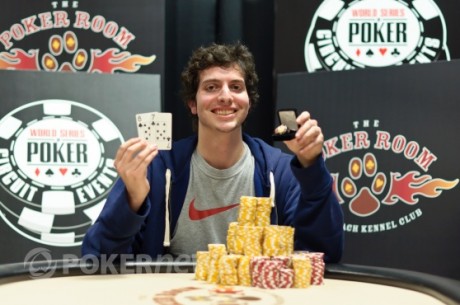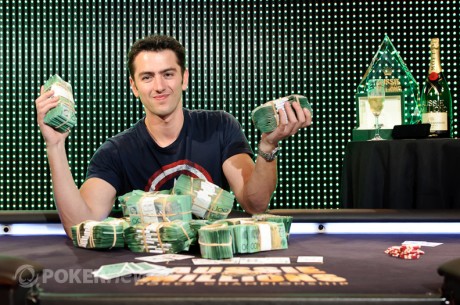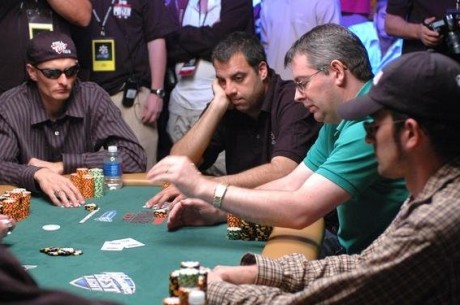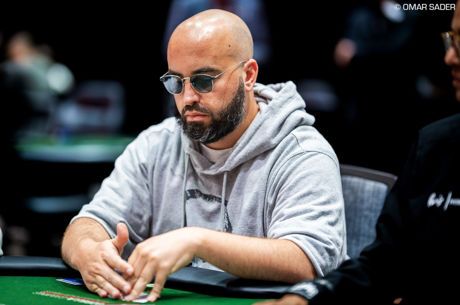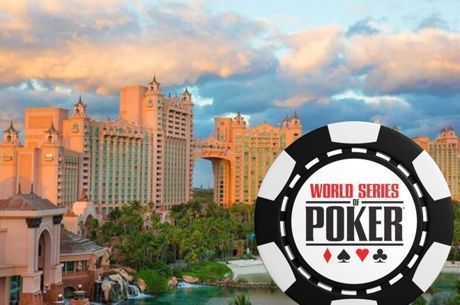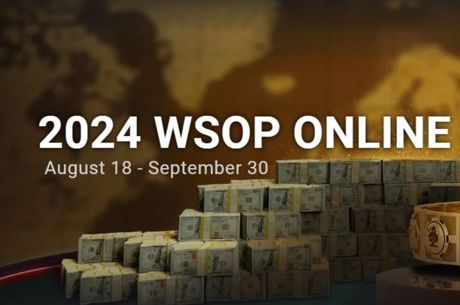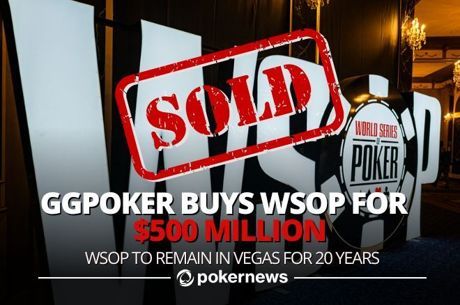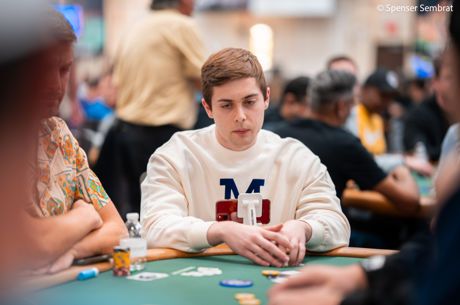World Series of Poker Prep: Avoid the Biggest Mental Mistakes
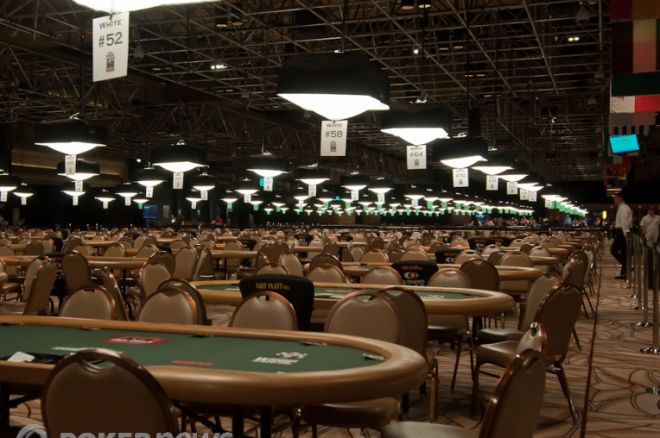
This will be my fourth World Series of Poker, and as a mental game coach, I find each one more fascinating and exciting than the last. The WSOP truly is one of the greatest sporting spectacles in the world, period. From my previous background of working with high level golfers and athletes, I am starting to realize that it is one of the mentally toughest competitions in the world, on a par with Wimbledon, The Masters, and The Indianapolis 500.
Because of the sheer length of the WSOP, not only is the strength of the field and variance a massive factor, but so is your own mindset. Without a strong mental game, you really do not have a chance at navigating around the minefield that is the Main Event. Here are some of the biggest mental game mistakes I see players, experienced and amateur alike, make:
Preparing Badly
It is already an old poker clich��: You can't win it on day one, but you can certainly lose it on day one. From a mental game perspective, you can lose the Main Event even earlier than that.
What you do in the weeks and months leading up to the Main Event, as well as the morning before, can seal your fate without you even realizing it. The Main Event is so long and mentally demanding, it is the equivalent of a mental marathon, but many players turn up having not done any training and still expect to be able to compete.
Most players, particularly online ones, can set their own hours, so obviously they don't choose to play back-to-back-to-back 12 hour sessions. If you are going to be successful at the WSOP, you need enough mental endurance. For many of you that means significantly increasing the amount of time you spend at the table, and you need to start training now. Start by challenging yourself to gradually add an hour here or there to the time you usually spend in a session. Much like a marathon runner adds miles in their build-up to the race.
Over Excitement
The WSOP is a once-a-year event that gives you the opportunity to test your game among the best poker players in the world. The excitement of the event is awesome, and it��s why so many of you will walk away with great memories. But, it can be easy to get too excited and that��s a big problem.
Each player has a line, where too much excitement leads them to do things on and off the table that cause them to perform poorly. You want to put yourself in the best position to do well, and that might mean having to consciously put the brakes on. It would be terrible to go out and get wasted the night before you are supposed to play, so I'd advise making plans ahead of time to do something light and relaxing the night before you play.
It might not be partying that is your problem; it could be that you want to play the night before the Main Event. This might seem more productive than getting drunk with your buddies, but if you end up playing too late, or losing quite a lot, it could have serious ramifications on your mindset the next day. If this is your likely Achilles' heel, then plan in advance to do something a bit more social and relaxing instead.
Then there is just the sheer excitement that comes when you��ve finally sat down at the tables ready to play the Main Event. Most of the pros say that on day one of the Main Event, most of the field just gives away their chips �� don't be part of that statistic. Remember that this event is deeper and longer than what you are used to, and there is no pressure to make any big moves early on. If you think it is going to be a problem, have a clear plan written down ahead of time for how you want to play and what a good thought process looks to you. Then, periodically remind yourself about it over the first few hours, until you settle into a rhythm.
Dreaming Too Much
It is every player's dream to win the Main Event, but each year over 7,000 players have that dream quashed, and only one person has it fulfilled. There is nothing wrong with having high aspirations, but dreaming too much can wreak havoc on your mindset, particularly in a game like poker, where the best players lose more often than in just about any other sport.
Dreaming too much can interfere with your poker game at the WSOP in two ways. First, it simply can get in the way of making good quality decisions in the moment. You only have a certain amount of mental space at any one time during a hand, and when you are too focused on the end result of winning the Main Event, you��re not focused on making clear decisions right now.
The other way it becomes a problem is when your stack takes a hit or has slowly dwindled down. Dreaming too much can make it harder for you to recover and continue to fight. You��ll get deflated when it feels like your dream isn��t going to come true. Bull shit. You��re not a psychic; you don��t know what��s going to happen. Lay everything on the line and if you do bust, you��ll know that you did everything you could.
Not Switching Off
Not preparing before you play is one major leak, and on the other side is failing to properly cool the mind down at the end of the day. Playing 10 to 16 hours of intense poker a day is mentally taxing, and getting your mind to relax can be tough, but it��s necessary in order to recover for the next day.
Sometimes your mind will be racing with all the decisions you were unsure of, or a bad beat that cost you a big stack. You might be prematurely dreaming about winning big after a good first day, or simply might be struggling to sleep with spontaneous poker thoughts swirling around your head. You need to clear your head of all things poker, so you can renew your store of mental energy for tomorrow.
If your mind is racing with poker thoughts, get a pen and paper and write them all out, whatever comes to mind. The act of journaling has a cathartic effect, and it literally feels like you are taking those thoughts out of your head and onto paper. Feel free to talk over some hands with friends, but draw a very clear line for when you are going to stop talking poker for the night. Try and spend the last few hours you spend awake doing something completely non-poker related, and fun �� go for a meal, work out, have a beer, watch a movie �� something that is as far away from poker as possible.
Most importantly, try and get some solid sleep. There are a lot of good players these days, so in an event like the WSOP your edge might actually come from superior rest and fitness.
Jared Tendler is the author of the ground-breaking book "The Mental Game of Poker," which is now available as an AudioBook on Audible.com and iTunes. He is also the coach for over 200 poker players from around the world, ranging from nosebleeds to low stakes. Find out more at www.jaredtendlerpoker.com.
Follow PokerNews on Twitter for up-to-the-minute news.

